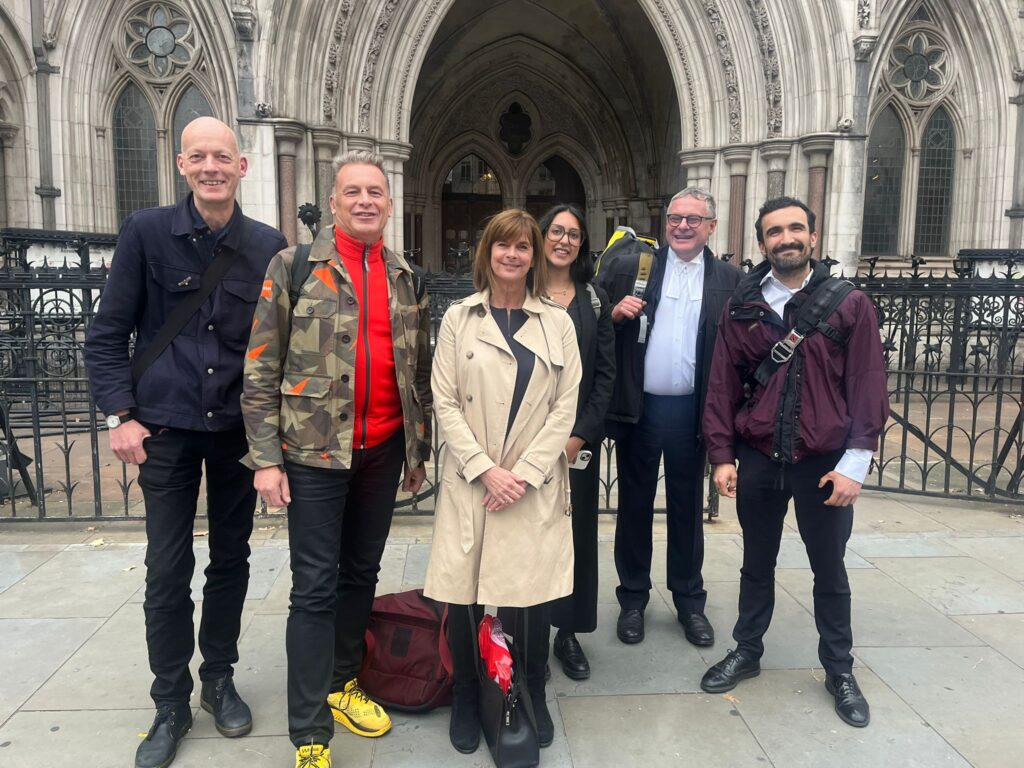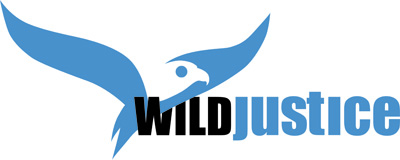High Court rejects Natural England bid to hike legal costs for campaigners challenging badger culling

An attempt by Natural England to hike campaigners’ legal costs to challenge badger culling licences has been blocked by the High Court.
The legal challenge, brought by wildlife groups Wild Justice and Badger Trust, opposes the granting of 26 culling licences by Natural England.
The challenge faced a potential stumbling block after Natural England applied to increase the limit on the groups’ adverse legal costs from the standard £10,000 for NGOs to £20,000 for Wild Justice and £30,000 for Badger Trust.
If Natural England had won, the legal challenge could have proved too expensive for the groups to bring. However, the High Court has now dismissed this request, meaning a cap of £10,000 will remain in place for both groups.
The 26 supplementary culling licences were granted for between June and November 2024, and allowed farmers to kill badgers during this period.
This decision to grant the licences was made against the advice of Natural England’s own scientists, with Badger Trust and Wild Justice contesting that the licences were granted unlawfully.
The groups argue that the licences were granted to maintain the confidence of the farming community rather than for the proper purpose of preventing the spread of disease, which Natural England’s director of science had concluded could be achieved via alternative methods such as a vaccine.
After launching their claim in August 2024, Badger Trust and Wild Justice were granted permission for the challenge to go ahead in May 2025 following a renewal hearing.
In August 2025, Natual England applied to the High Court to have the costs caps for both groups raised. The caps are provided for by the Aarhus Convention and cover all environmental claims – with costs for individual claimants initially capped at £5,000 and costs for NGOs capped at £10,000.
Natural England attempted to argue that Wild Justice and Badger Trust should dip into cash reserves in order to fund the legal claim, which both groups argued was not justified based on their income.
Wild Justice is not-for-profit organisation run by unpaid directors. Its funds tend to be spent quickly on daily running costs, campaigning expenses and legal challenges. The group’s only source of income is donations.
Badger Trust is also not-for-profit and relies on donations for its income as well. Its funds go towards wages, running costs and support to member groups. The Trust maintains a policy of following Charity Commission Guidance to have 12 months’ expenditure in reserve to ensure obligations are met should there be a drop in income.
After hearing arguments and witness statements, a judge opted to reject Natural England’s application to increase the costs cap for Wild Justice and Badger Trust. The judge’s reasoning for dismissing the application is set to follow in due course.
Caps of £10,000 will remain in place for both groups, with a substantive hearing for the claim itself due to take place on 16 and 17 December 2025.
Chris Packham, director of Wild Justice said:
“This was a calculated attempt to block grass roots groups from accessing environmental justice on account of affordability. Cynical, anti-democratic and bullying…Natural England should be ashamed of themselves”.
Bob Elliot, CEO of Wild Justice said:
“Natural England tried to price justice out of reach – and failed. This ruling is a clear reminder that public bodies cannot use financial intimidation to silence legitimate environmental challenge. Attempts to raise our costs cap were nothing more than an effort to shut the courtroom door on public scrutiny. Justice must be accessible, not auctioned to the highest bidder. The badgers may not have a voice in court, but we do, and we’ll keep using it to hold decision makers to account.”
Rosie Wood, chair of Badger Trust said:
“I don’t like bullies at the best of times and this was a shameless attempt to bully us out of lawfully challenging Natural England’s decision making. If a government body can force us to drop a case – even though a judge has already given permission for it to be heard in full – what sort of precedent would that set? We might be a very small charity, but badgers are a mercilessly persecuted native British animal – we will stand up for them at all times and we won’t be intimidated.”
Leigh Day solicitor Carol Day, who represents both groups, said:
“Our clients are pleased that this attempt by Natural England to increase the costs of the case, thereby making it prohibitively expensive, has been thrown out by the courts. Both claimants are small NGOs of modest means, which rely solely on fundraising for income. An increase in the costs cap would not only have disrupted this legal challenge, but also would have set a worrying precedent for other environmental claims.”
